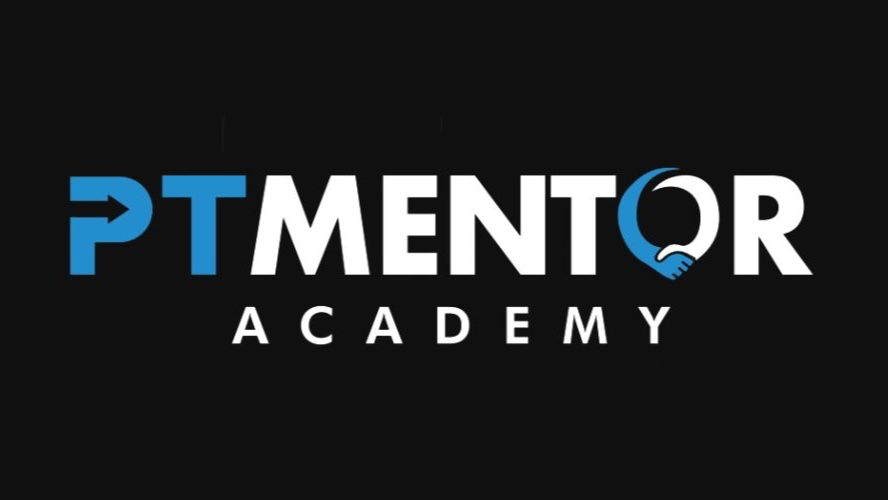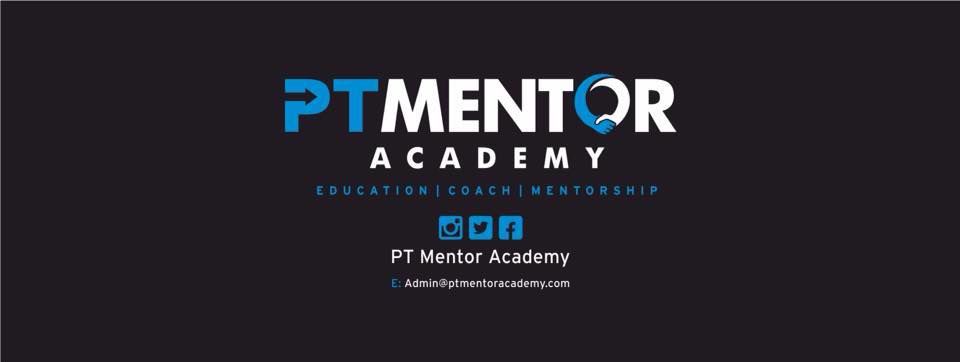Let's get real for a moment. Have you ever found yourself trapped in a mindset that hindered your coaching efforts?
Ultimately we are going to go through learning curves when it comes to coaching, as we are working with individuals.
And individuals are complex. And so are we ... the greatest thing we can do from the above is treat every client as they are the expert of their lives and we seek to understand and guide.
I'm talking about the very same mindset I had during my early coaching years. Sure, I was great at training people physically, but coaching them emotionally and mentally? That was a different story. And maybe you can relate to that too.
As self-employed coaches, the pressure can feel overwhelming. We believe we must appear flawless, possess all the knowledge, have all the answers and solutions for our clients. Unfortunately, this often leads to a constant battle with insecurities, imposter syndrome, and a lack of confidence that seeps into our coaching approach. Trust me when I say, I've been there too.
In this struggle, we often become more direct, focused on providing quick solutions, and find ourselves wanting results more than our clients do. It's natural.
We yearn for validation and fear that we might not be doing enough, which adds an underlying sense of desperation to keep our clients engaged.
But here's the plot twist: The more we try to solve the problems for our clients, the more we unintentionally hinder their progress. Yes, we genuinely care about their success and have their best interests at heart, but 99.9% of the time, this approach falls short.
Why? Because it all stems from us, not them.
While we may be experts in training and nutrition, our clients are the experts in themselves and their own lives. It's time to embrace this truth. Yes, it might initially feel frustrating, contradicting our belief that they come to us for solutions.
But in reality, our role is to empower them to become self-sufficient, to foster self-efficacy—the true essence of coaching.
So, how do we prevent our insecurities from obstructing our coaching journey?
Let's focus on three key priorities:
Embrace the Mindset Shift: Acknowledge that you are not the solution; they are. This powerful shift in perspective will relieve the pressure and allow you to reframe your approach.
Master the Art of Active Listening: Practice listening to understand, not just to respond. This crucial skill will enable you to truly hear your clients' needs and concerns, fostering deeper connections and buy-in.
Empower Autonomy: Place autonomy at the forefront of your coaching methodology. By empowering your clients to make decisions and take ownership of their journey, you'll cultivate self-efficacy and long-lasting results.
Ultimately we are going to go through learning curves when it comes to coaching, as we are working with individuals.
And individuals are complex. And so are we ... the greatest thing we can do from the above is treat every client as they are the expert of their lives and we seek to understand and guide.



